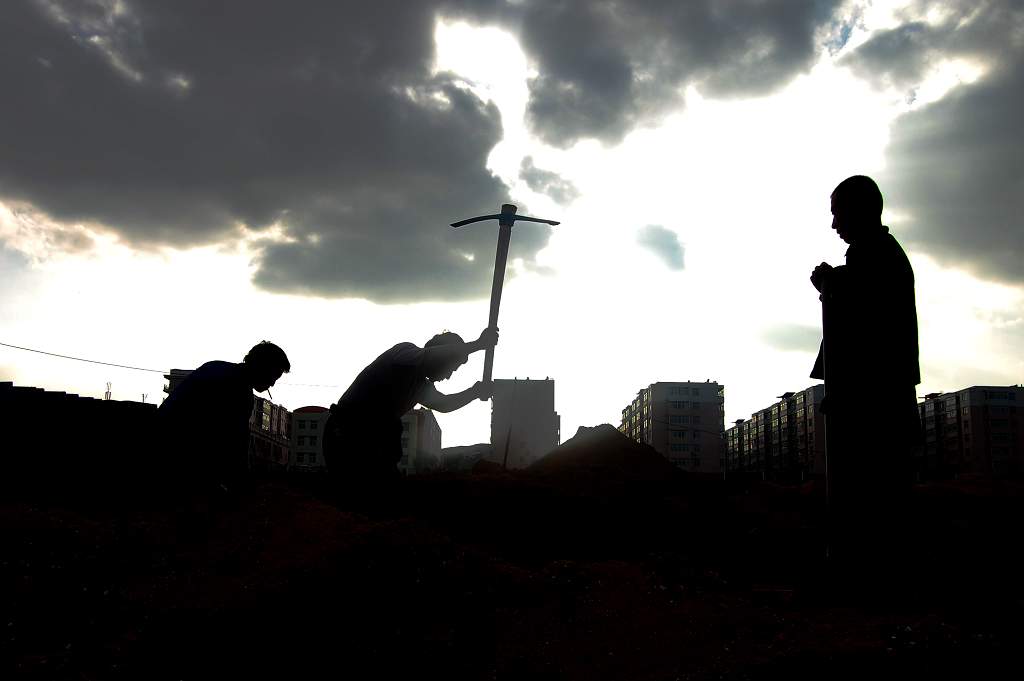
A Worker is a Worker: How to Ensure that Undocumented Migrant Workers Can Access Justice
The vast majority of undocumented migrants work, across a range of different sectors. The workforce in some of these sectors is highly gendered. Migrant workers with precarious, dependent or irregular status frequently experience conditions below those required by minimum labour standards and collective bargaining agreements, in terms of pay, working time, rest periods, sick leave, holiday, and health and safety.
Many undocumented workers endure such conditions, as they see little alternative. If they try to negotiate due payment and respect of basic working conditions, their employers threaten to report them to immigration and wield over them their inability to access formal complaints mechanisms without risking deportation.
This report therefore explores judicial and state based non-judicial labour complaints and redress mechanisms that are in place in 15 EU member states, and what happens or would happen when undocumented workers try to use them. The report covers Austria, Belgium, Bulgaria, Cyprus, Czech Republic, France, Germany, Greece, Ireland, Italy, Luxembourg, the Netherlands, Portugal, Spain, and the United Kingdom (UK). It also draws on a few examples from non-EU countries and cities with large migrant worker populations; Brazil, Geneva, Israel, New York City and South Korea.
It finds that:
• Undocumented migrants’ rights at work are protected by the law, although there remain problematic exclusions of domestic workers and sex workers, in particular, from labour law protections, and a lack of implementation.
• Civil courts and labour tribunals in 13 out of 15 EU member states in the study3 do or would consider undocumented workers’ claims equally to other workers. They usually check identity, but do not check work permits, and in practice do not report undocumented workers for immigration enforcement purposes if the irregular status of the worker is known. There remain very significant barriers for undocumented workers to take complaints, participate in proceedings and receive due wages and compensation through the courts.
• There are significant barriers to undocumented workers gaining access to justice through the criminal justice system. Undocumented victims of crime, including violence and human trafficking, are often required to leave the country or are deported as a result of interaction with law enforcement.
Read more here.
